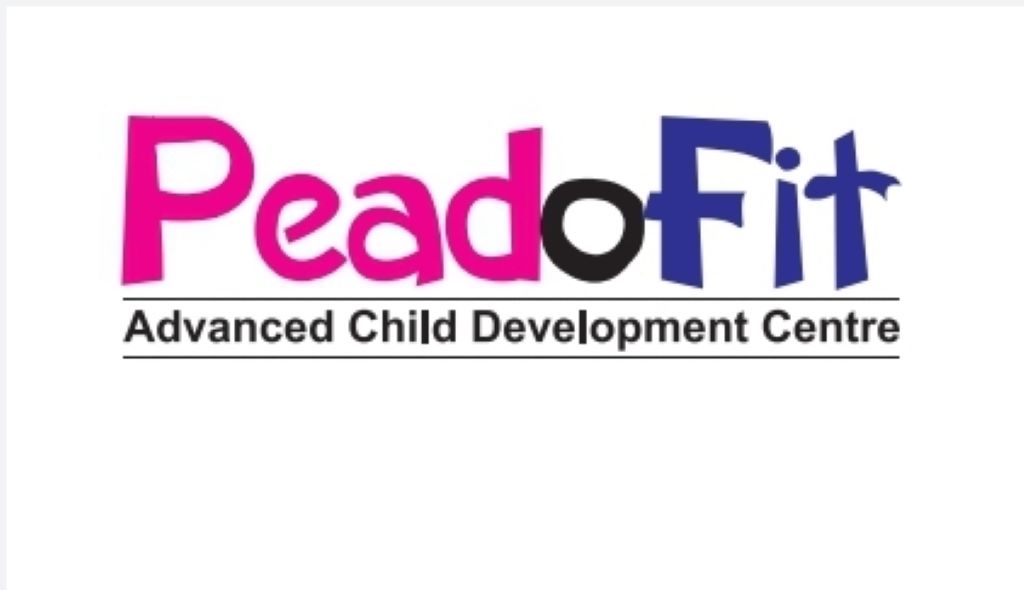
Social Skills, are ability to interact effectively with others in a social community environment and has been ascribed by society as critical factor of peer acceptance. Social skill training is a program which can be modified according to persons age (adult/ toddler) and it is significantly based on level of participation.
Patients with neuropsychiatric disorders characterized by specific delays and deviance in social, communicative and cognitive development requires social skill training. Autism Disorder is one of the pervasive developmental disorder, where child shows marked impairment in reciprocal, social, interpersonal interaction, language and non- verbal communication.
Social skills for toddlers includes fundamental play skills like turn taking, waiting for others and sustaining eye contact while communication. Whereas for adults with ASD consist of expressing opinions, workplace behaviour, and maintaining friendships. One benefit of social skills training program is that they are fully customisable for each individual’s strengths and needs.
Some examples of skill targeted in SST program includes:
- Initiating conversation
- Greetings
- Appropriate eye contact
- How to behave in specific social and community settings
- Understanding emotions and facial expressions
- Gestures and body language
- Assertiveness
- Empathy
Occupational therapist implement Social Skill Training Program effectively for children with ASD to develop social skills in children with Autism so as to increase appropriate peer interactions, reduce problem behaviour and increase academic performance.
